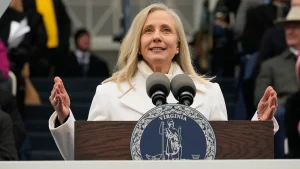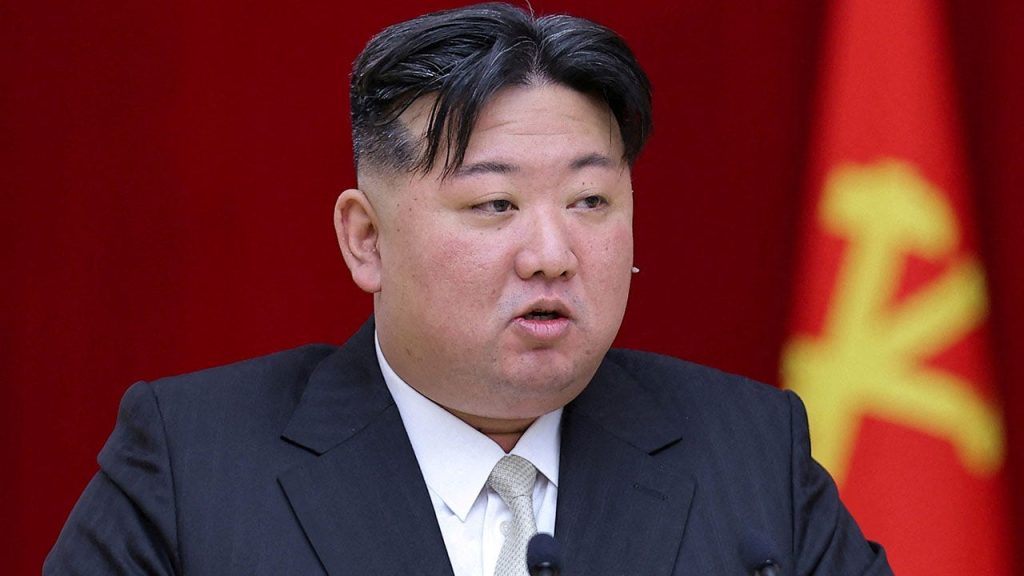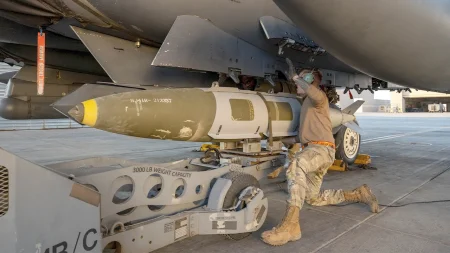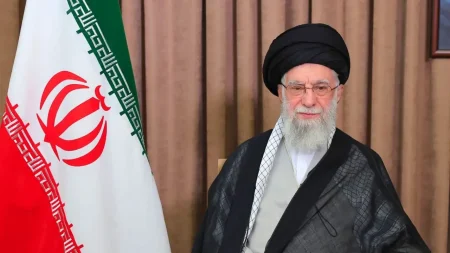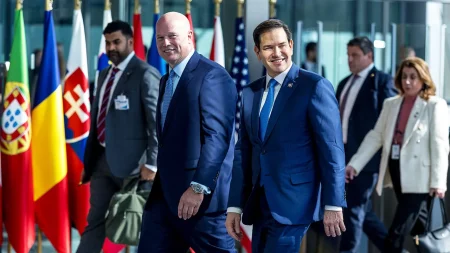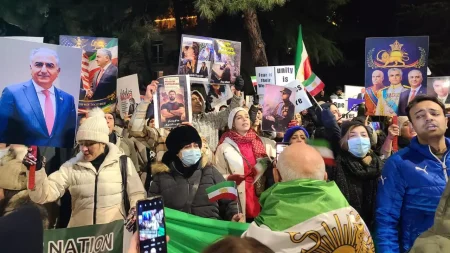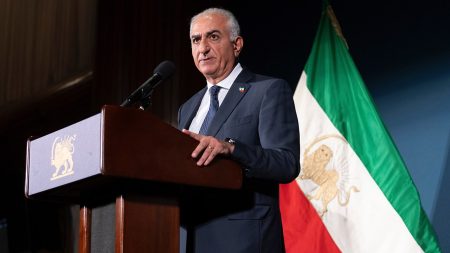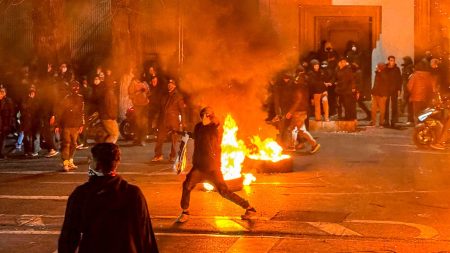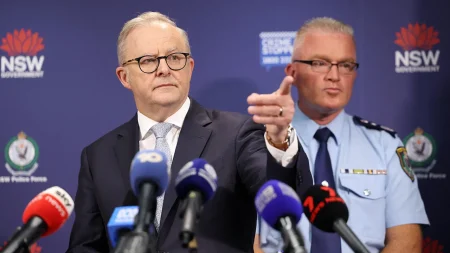The political landscape in South Korea has been thrown into turmoil following President Yoon Suk Yeol’s unsuccessful attempt to impose martial law, a move that has drawn sharp criticism domestically and internationally, including a scathing condemnation from North Korea. The incident, which has been likened to a coup attempt reminiscent of South Korea’s past military dictatorships, has sparked widespread public anger and calls for impeachment, highlighting the deep political divisions and underlying tensions within the country. The failed power grab, coupled with the subsequent suicide attempt by a former defense minister detained in connection with the incident, has painted a concerning picture of instability and potential vulnerability within South Korean society.
North Korea, in its first official response to the situation, has seized the opportunity to denounce South Korea as a “fascist dictatorship” under Yoon’s leadership. The state-run Korean Central News Agency (KCNA) characterized Yoon’s actions as a desperate attempt to cling to power in the face of a looming impeachment crisis. KCNA further emphasized the international scrutiny surrounding the incident, suggesting that Yoon’s political future hangs precariously in the balance. This condemnation, while predictable given the strained inter-Korean relations, underscores the gravity of the situation and the potential for further destabilization in the region. North Korea’s rhetoric often serves to highlight internal weaknesses within South Korea and to bolster its own image as a stable and legitimate power on the Korean Peninsula.
The attempted imposition of martial law by President Yoon, although thwarted by the legislature, has exposed a deep rift within South Korean society. The move has ignited widespread protests and calls for accountability, with the main opposition party, the Democratic Party, leading the charge for impeachment. The situation has further polarized an already divided political landscape, with Yoon’s supporters defending his actions as necessary to maintain order and his detractors accusing him of authoritarian overreach. The subsequent failure of the first impeachment vote against Yoon, despite the gravity of the accusations, further illustrates the deep political divisions and the challenges in achieving a resolution to this crisis.
The attempted suicide of former Defense Minister Kim Yong Hyun while in detention over his alleged involvement in the martial law declaration adds another layer of complexity to the unfolding political drama. This tragic event underscores the high stakes involved and the immense pressure placed on individuals caught in the crossfire of this political power struggle. While the circumstances surrounding Kim’s suicide attempt remain unclear, it undoubtedly raises questions about the treatment of detainees and the potential for coercion or abuse of power within the investigation process. The incident also serves as a stark reminder of the human cost of political instability and the potential for such crises to escalate to tragic consequences.
The Democratic Party’s determination to pursue a second impeachment vote against President Yoon signifies the ongoing political battle and the deep-seated distrust between the opposing factions. The first failed attempt has not deterred the opposition, who remain committed to holding Yoon accountable for what they perceive as an abuse of power. The outcome of this second impeachment vote will be crucial in determining the future trajectory of South Korean politics and the stability of the nation. A successful impeachment would undoubtedly lead to further political upheaval and potentially trigger early elections, while a second failure could embolden Yoon and his supporters, further exacerbating the existing political divide.
The international community remains closely attuned to the developments in South Korea, recognizing the potential for regional instability stemming from this internal political crisis. The attempted imposition of martial law, coupled with the North Korean condemnation, raises concerns about the fragility of democratic institutions and the potential for authoritarian backsliding in the region. The ongoing investigation into the events surrounding the martial law declaration, including the role of key figures like the former defense minister, will be crucial in establishing accountability and restoring public trust. The future of South Korean politics hinges on the ability of its leaders to navigate this turbulent period and to uphold the principles of democratic governance. The successful resolution of this crisis will be crucial in maintaining stability and fostering reconciliation within South Korea and in the wider region.


